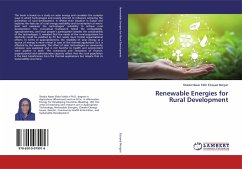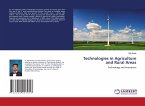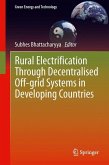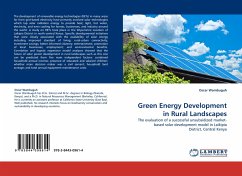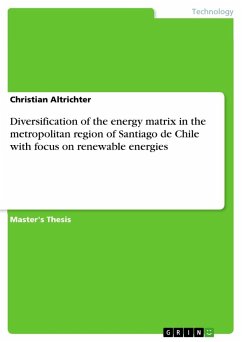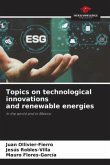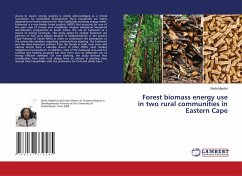The book is based on a study on solar energy and considers the complex ways in which technologies and society interact to influence achieving the promotion of rural development. It reflects their situation in Sudan and explores the features of rural energy availability and consumption at micro- level and examines the technologies' suitability to achieve rural development. The conceptual framework tested the compatibility, appropriateness, and local people's participation besides the sustainability of the technologies. It revealed that the needs of the rural population for electricity could be satisfied by PV but needs more formal organizational efforts. In terms of appropriateness, the reliability of solar energy as a source of energy is more critical in case of the thermal application as it is affected by the seasonality. The effect of solar technologies on community cohesion was examined and is not harmful to health and environment were positive in both. The constraints and limitations of finance, organizational and administrative capacity reflect that the rural population is the least beneficiaries from the thermal applications but despite that its sustainability was more.
Bitte wählen Sie Ihr Anliegen aus.
Rechnungen
Retourenschein anfordern
Bestellstatus
Storno

